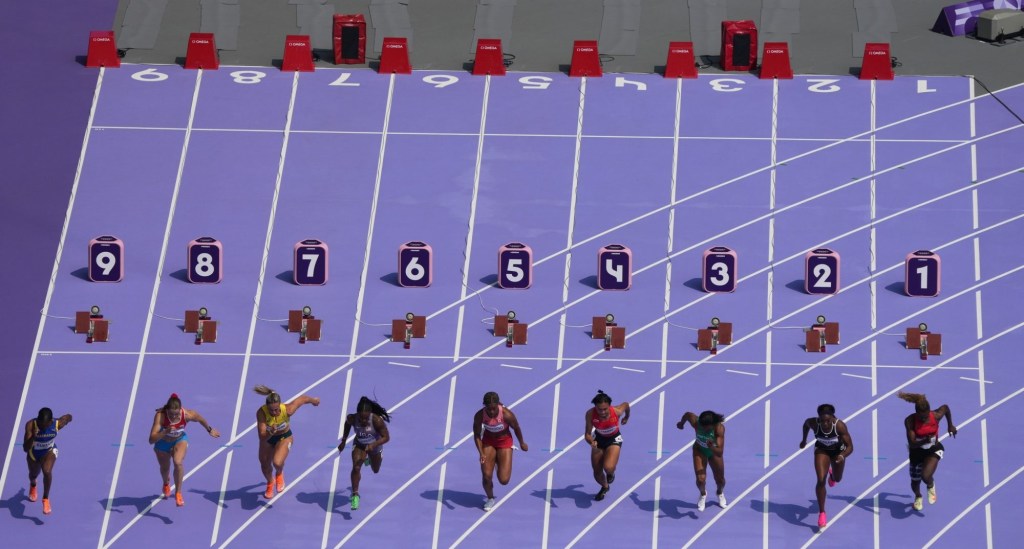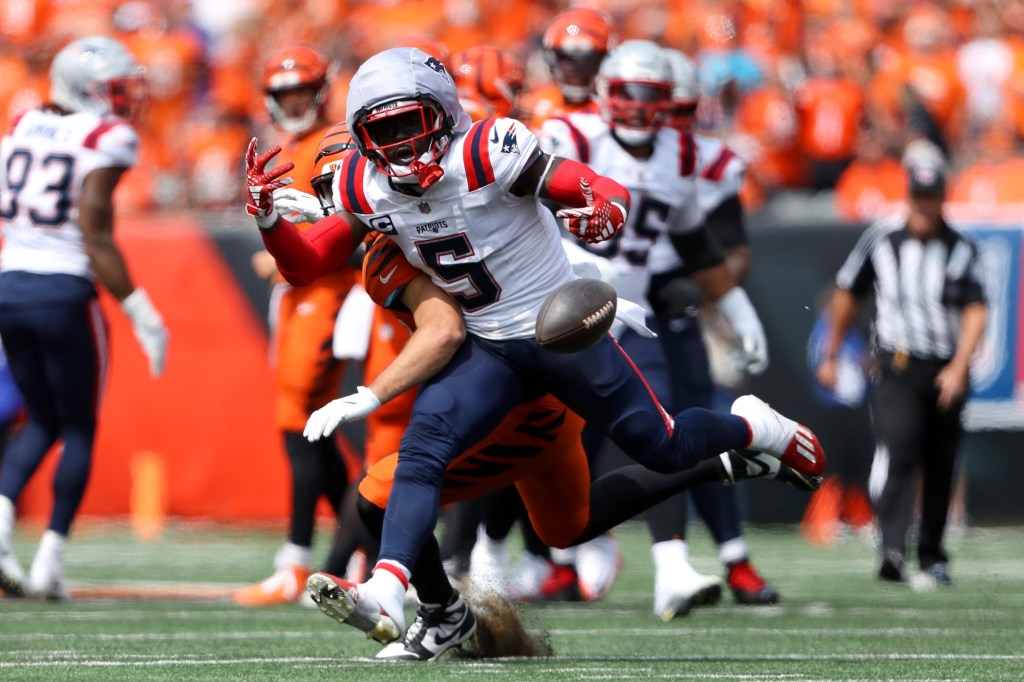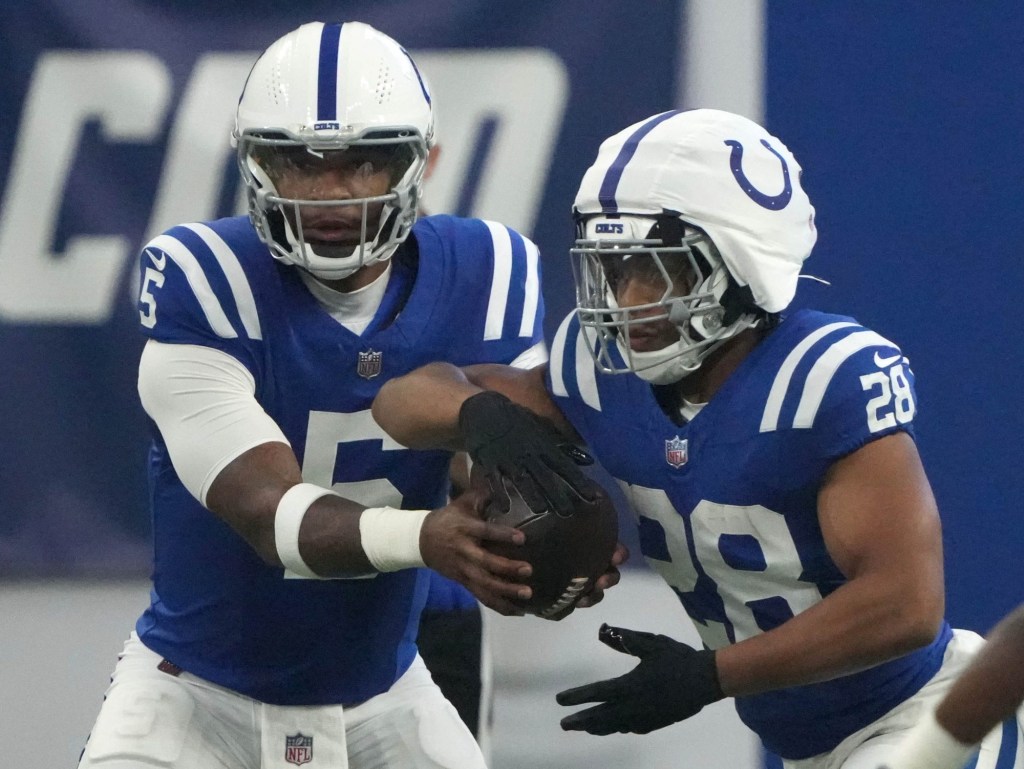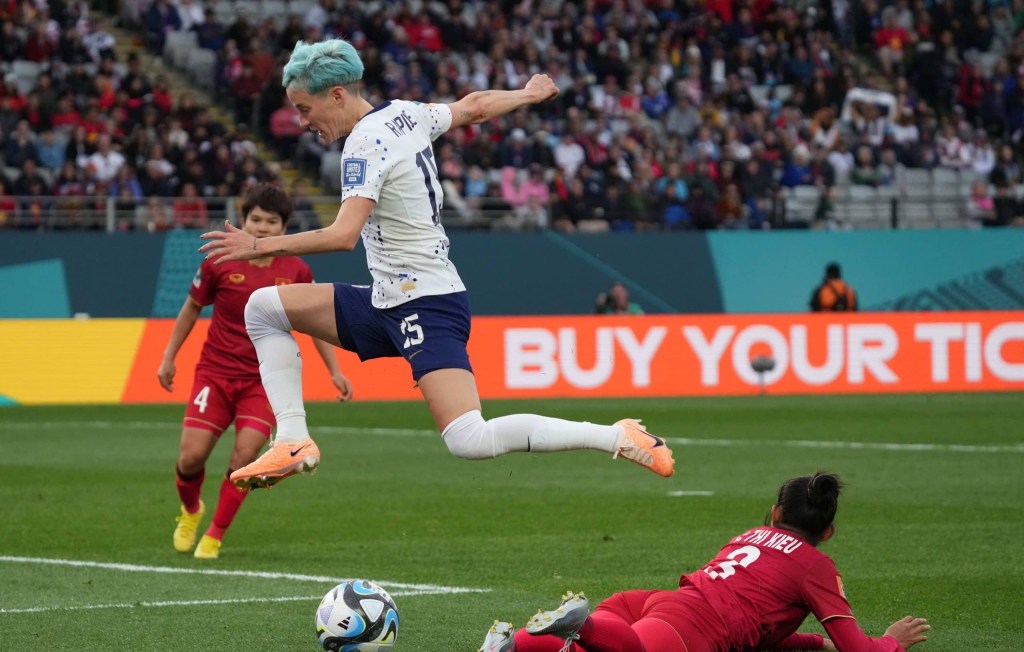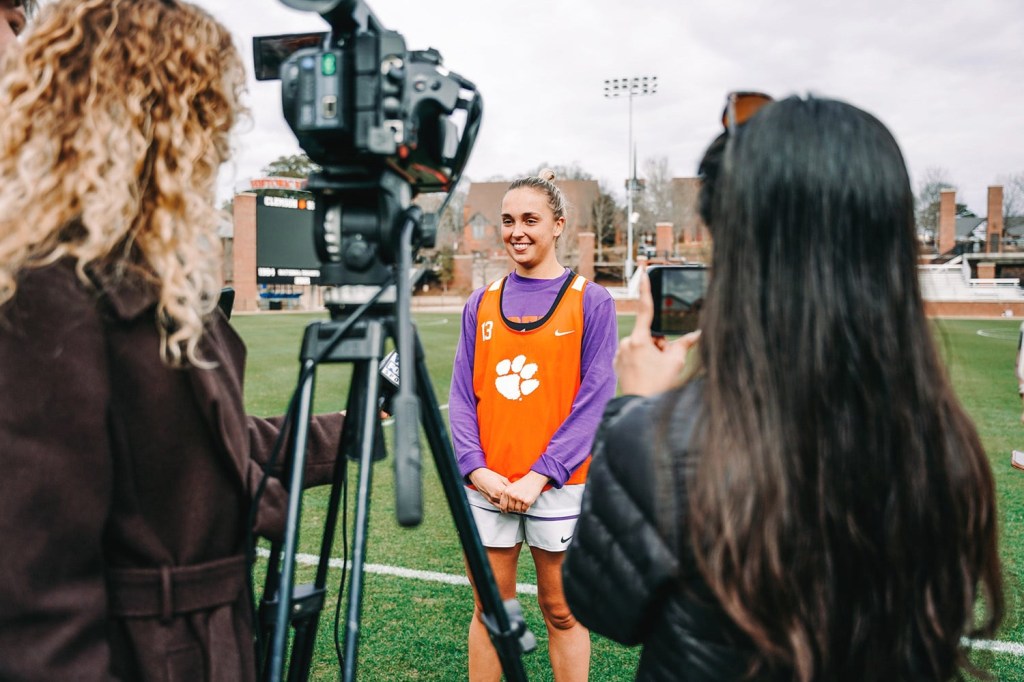
Michael Schwimer is hoping to change the way Minor League Baseball operates, by investing directly into players.
Schwimer’s idea for his company, Big League Advance, comes directly from his experiences in baseball, playing two seasons in the Major Leagues and three in the minors, where he saw the realities of the hard life and low pay.
“The idea came from seeing my friends, the vast majority trying to live their dream and for whatever reason not making it,” Schwimer said. “It’s heartbreaking to see. People are trying to live their American dream, but 90 percent don’t play a day in the majors and when it doesn’t work out, they see their lives completely change.”
SEE MORE: How You Can Build Your Personal Brand Through Social Media
Schwimer said most minor leaguers aren’t paid enough to live comfortably or set themselves up for their future. He even had to work second jobs during the offseason — now wishing Uber existed then — to make sure he’d be able to survive the season. Once in the majors, Schwimer said he came to understand the business and why minor leaguers are paid so little. Still not believing it was right and his career effectively ended by an injury, Schwimer set out to change it.
He found partners and investors, including Paul DePodesta, to enable Big League Advance to invest in minor leaguers who meet a baseline of metrics to predict major league success.
[mc4wp_form id=”8260″]
“We’re basically de-risking their career while simultaneously helping reach their goal,” he said.
The players can use the money — from $100,000 to $4 million — to advance their careers and use it for training, nutrition or even basic living expenses to ease stressors outside the game. In return, should the players make the majors, Big League Advance gets a return from the major league salaries, between 1 and 10 percent, much like an agent.
SEE MORE: Why Scoring a Career in Minor League Baseball is Anything but Minor
If a player fails to make the majors, they don’t owe anything back. One player even retired after his investment, a decision Schwimer said he understood and respected. Most players who accept do so because they believe the investment will make them the percentage they’ll owe, or more, back.
“It’s worth the risk if you have a large enough fund and large enough sample size,” he said.
Big League Advance has offered hundreds of players, and it’s all based on when they hit the specific metrics. The timeframe varies widely and can be as early as Short Season-A ball or into Double or Triple-A. It’s not a no-brainer for players, however, and nearly 70 percent have declined the money. About half of those players eventually come back, Schwimer said, but the offer is off the table by then.
The company isn’t yet profitable; it’ll take at least six years to be earning mass revenues from the investments in minor leaguers, but Schwimer has hopes it will change the way professional baseball operates. In addition, he hopes minor leaguers are eventually paid more and offered proper housing and nutrition amenities.
While Big League Advance will continue its minor league investment operation for the foreseeable future, the potential of the company lies far beyond.
[mc4wp_form id=”8260″]
While the basis of the company and its investments are predictive analytics, Schwimer has assembled a team of 20 of the “smartest” predictive analysts in sports, led by Jason Rosenfeld. Big League Advance already has fielded multi-million dollar offers from an NBA team and two soccer federations.
“I don’t know yet how we monetize it, but we’re looking into a lot of things,” Schwimer said. “People are catching on to this. Mark Cuban hired a professional gambler. If you’re the best NBA bettor, you’re the best at predicting, you know what’s important in a win and maybe you can reverse engineer it.
“Owners are thinking outside the box, and maybe we can put together a team to capitalize on it.”










